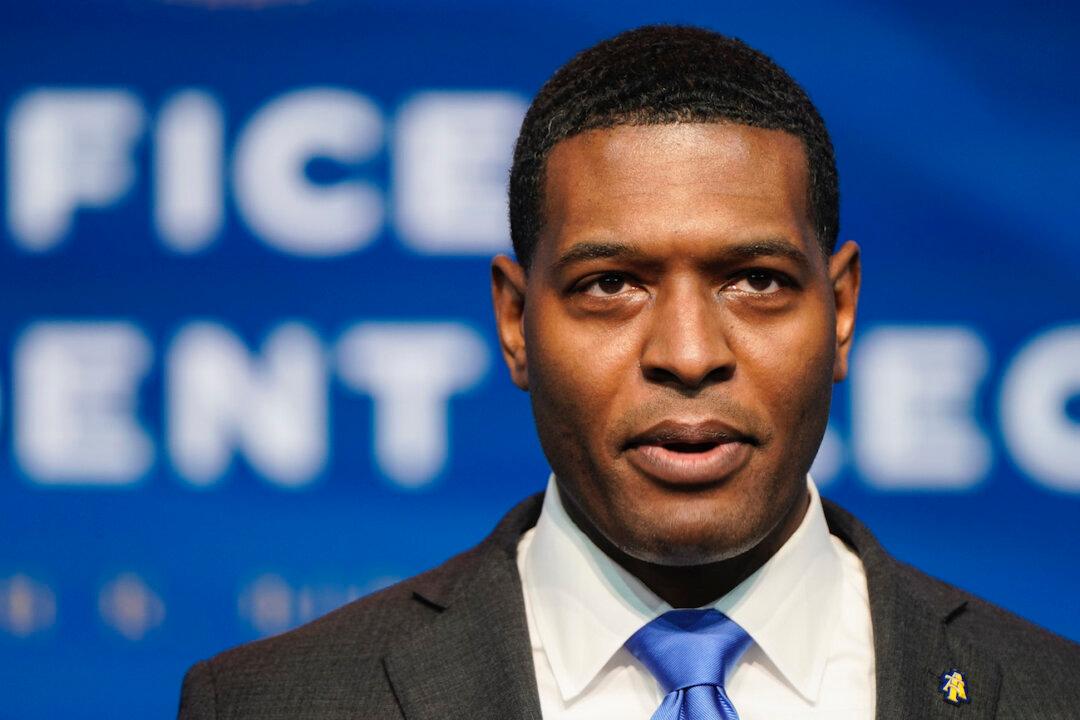Judge Timothy Kelly of the U.S. District Court for the District of Columbia heard opening arguments on Dec. 22 for Young vs. EPA, a case that concerns allegations that the Environmental Protection Agency (EPA) illegally purged both its Clean Air Scientific Advisory Committee (CASAC) and its Science Advisory Board (SAB) of representatives from the industries that their decisions would regulate.
One plaintiff, S. Stanley Young, has experience with drugmakers Eli Lilly and GlaxoSmithKline and is currently the chief executive of CGStat. He was in his second three-year term on CASAC when, in March 2021, EPA Administrator Michael Regan fired all seven committee members and all 47 SAB members.





